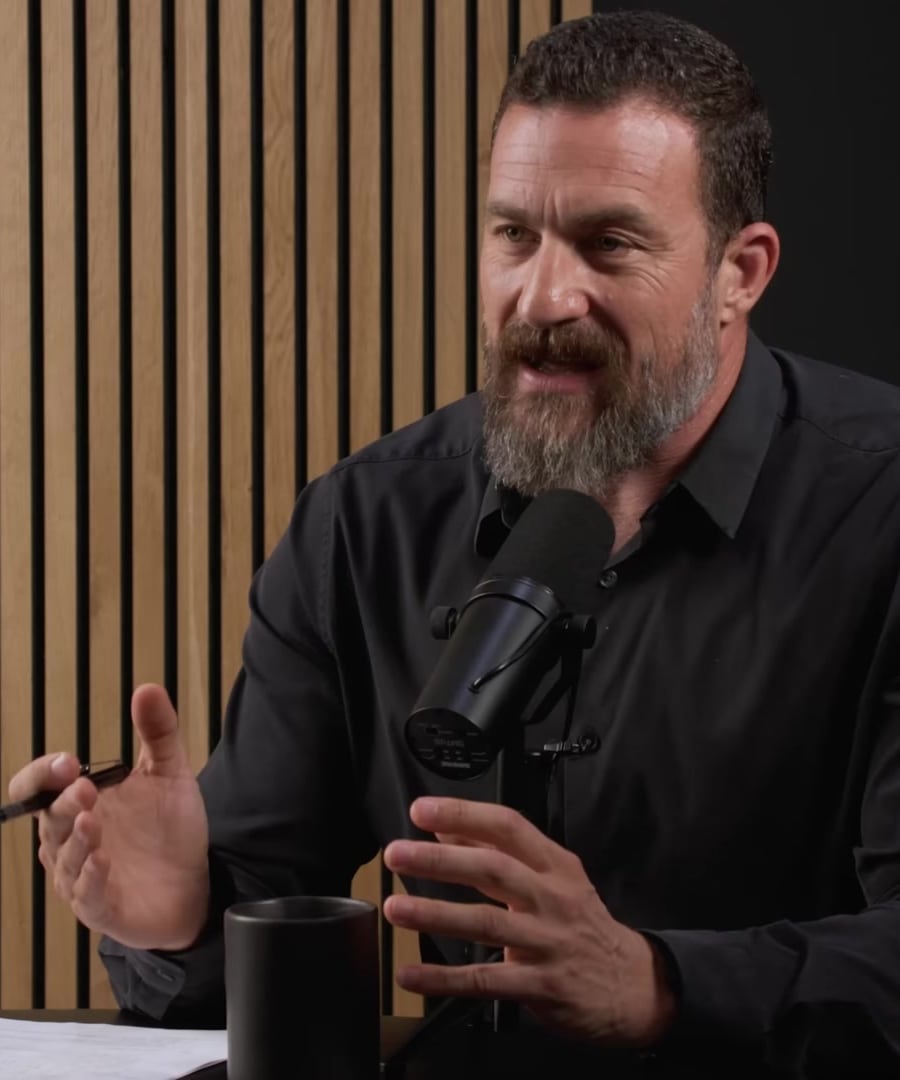Summarize Dr. Matthew Walker: The Biology of Sleep & Your Unique Sleep Needs in 2 pages.
Sources:
In the episode "" on the , delves into the multifaceted importance of sleep through various key insights.
1. Memory and Creativity Enhancement
Dr. Walker explains how sleep not only consolidates and enhances memories but also crosslinks them, enabling creative problem-solving and insight formation. This connectivity upgrades what he describes as the "associative networks" in our brains, making previously isolated information interconnected and useful 1.
2. Genetic and Immune System Impact
A study highlighted by Walker demonstrates that restricting sleep to six hours for one week disrupts the activity of over 700 genes. These effects include impaired immune function and increased activity in genes associated with tumors, inflammation, and cardiovascular stress, underscoring sleep's profound influence at the genomic level 2.
3. Sleep's Emotional and Psychological Roles
Walker discusses sleep as an emotional reset, providing psychological resilience and emotional healing. A good night's rest can smooth out emotional irritabilities and prepare the mind for new challenges, akin to emotional "windscreen wipers" 1.
4. Circadian Rhythms and Sleep Pressure
The interaction between circadian rhythms and sleep pressure (adenosine levels) dictates our sleep-wake cycles. Understanding and aligning these can improve sleep quality, as they regulate the timing of sleep initiation and waking up feeling refreshed 3.
5. Evolutionary Necessity of Sleep
Contrary to the vulnerabilities it brings (e.g., predation risk), sleep is described as an evolutionary necessity, crucial to various biological functions. This is supported by the presence of sleep-like states even in primitive species like earthworms 4.
6. Decoding Good Sleep
Walker emphasizes that good sleep is not just about duration but involves quality, regularity, and timing. He introduces the concept of the four macros of sleep to better understand how to optimize sleep for mental and physical well-being 5.
7. Personal Sleep Requirements
Individual variation in sleep needs is normal, influenced by genetic and environmental factors. Walker stresses that while the average recommendation is 7-9 hours, many might need more based on personal health status and lifestyle demands 5.
This episode provides a comprehensive view of sleep's biological roles, its impact on health down to the genetic level, and practical insights on optimizing sleep for better life quality.
RELATED QUESTIONS
Summarize Dr. Matthew Walker: The Biology of Sleep & Your Unique Sleep Needs in 2 pages.
- RELATED QUESTIONS




